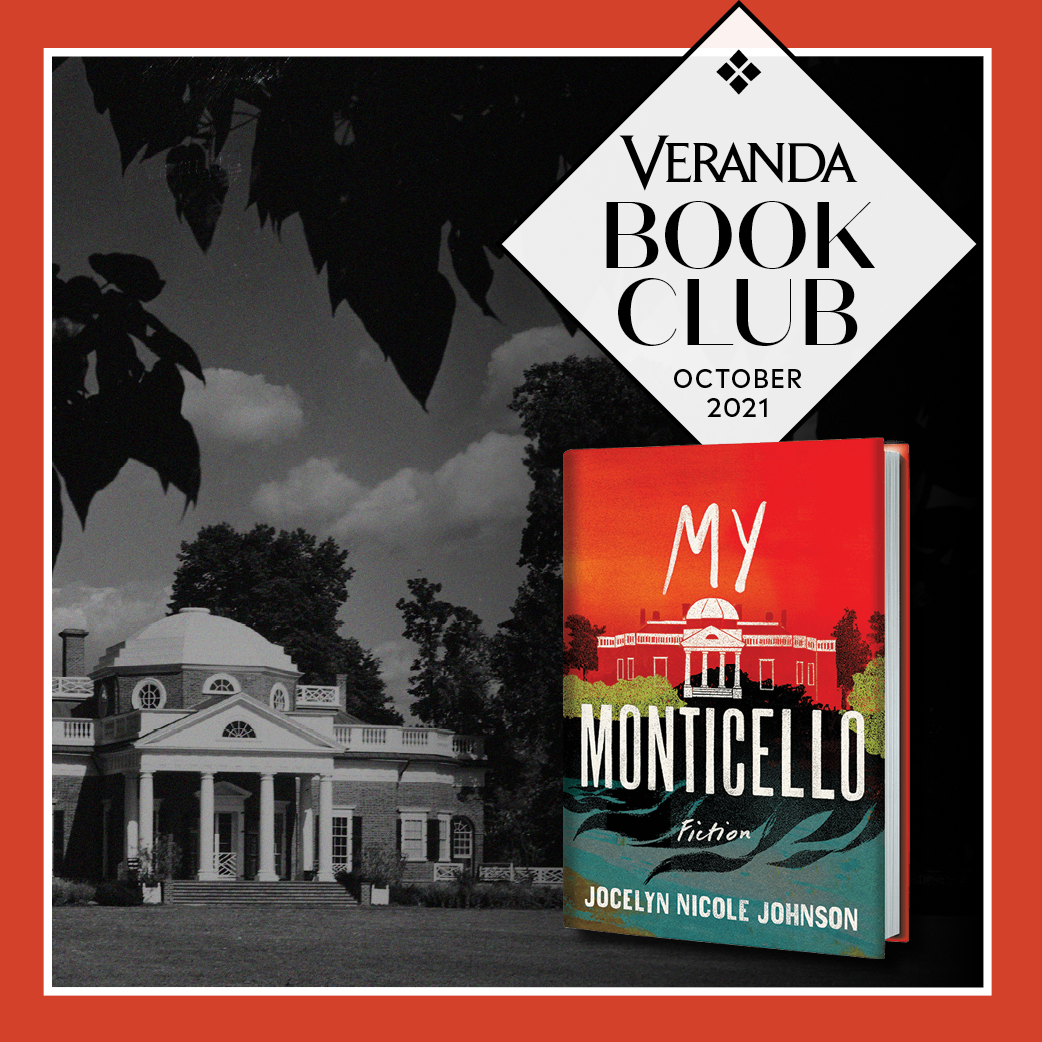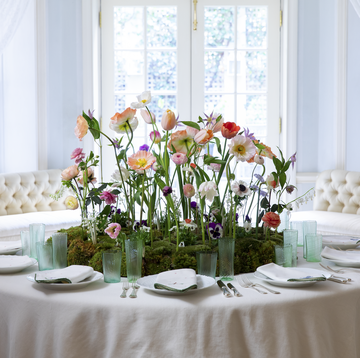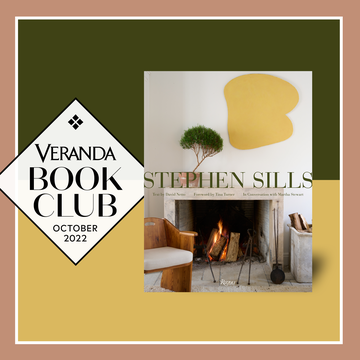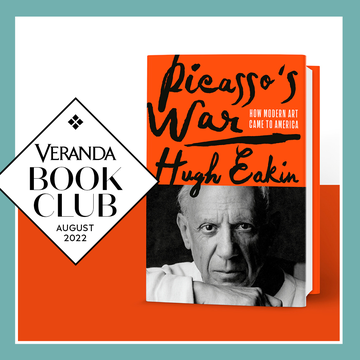Welcome to the VERANDA Sip & Read Book Club! Each month, we dive in to a book and offer exclusive conversations with the authors behind each tale, along with a perfectly matched cocktail. This month's pick is Jocelyn Nicole Johnson's My Monticello, a powerful debut exploring inheritances and extraordinary pursuits of belonging. Here, Johnson reveals what moments inspired her novella, and what she hopes readers get out of it.
What were some of the influences that inspired you to write this collection?
Jocelyn Nicole Johnson: I've been influenced by all the things I read. A few of the early books that floored and educated me were works like Black Boy by Richard Wright, Beloved by Toni Morrison, and Octavia Butler's Kindred. In recent years I've been drawn to fiction that uses hybrid forms and surprising conceits to get at truth—work by writers like Nana Kwame Adjei-Brenyah, Nafissa Thompson-Spires, and Charles Yu, among many others.
More From Veranda

What was it about Monticello that propelled you to make it not only the setting, but in many ways, its own character in this work?
JNJ: Thomas Jefferson's legacy looms large in Charlottesville, Virginia where I live. His historic plantation-home, Monticello, sits just a few minutes outside of town. As I began to think about the idea of home in the wake of the deadly 2017 Unite the Right rally here, a long brutal history of violence and injustice toward Black people led me to think about Thomas Jefferson's home, again. In the end, Monticello became the setting for my (very) near future, apocalyptic-lite novella.
VER: What was the research for the book like? Did you visit Monticello a lot?
JNJ: I did visit Monticello a number of times, taking different tours. I took the Hemings family tour, the Enslaved Peoples tour, and a pricier house tour where I finally got to go into the upstairs bedrooms and into the dome room. When Monticello opened again after a period of quarantine, I went back during edits, wandering the beautiful grounds, the gardens and paying careful attention to the contemporary Welcome Pavilion half a mile below the house, where a diverse group of neighbors in my story would seek refuge.
In many ways, the short story form of this work makes each characters’ narrative more profound. Did you intend for My Monticello to be in short story form from the get-go?
JNJ: I love short stories, writing them and reading them. They can offer a variety of forms, one after another, and a chorus of voices all within one book. In my case, I knew I was collecting Virginia stories about home and belonging. The titular story, My Monticello, began grew into a novella that is now the centerpiece of this debut.
What made you put Control Negro as the first story within the collection?
JNJ: Control Negro is the story of a Black history professor testing America's promise of life, liberty, and the pursuit of happiness for all by conducting a longterm social experiment on his own unknowing son. I placed it at the beginning of this collection because it asks some of the big questions that are explored in the other stories—questions like, What would it be like to feel at home? What are some of the costs of racist violence and exclusion? How might true freedom look? And what do we owe this ailing earth we share?
While the novella is a work of fiction, many of the moments in the stories reflect recent events we’ve all witnessed. What was it like trying to address these moments? Was writing this a challenge? Were there moments where it felt cathartic?
JNJ: These stories were one way I reacted to a series of recent real-life events, many of them public, communal, and painful, like the bloodying of a Black University of Virginia student in 2015, or the deadly White Nationalists Unite the Right Rally in Charlottesville in 2017. But it was trying to write extremism and violent hatred, though not so hard as living through them and watching the suffering they caused. And so writing became a way for me to try to make sense of these difficult moments and to exert a kind of power. Through these stories, I hoped to share my heartache with readers, so that we might respond with care in concert. In that way, the writing of the book felt like a release.
Get caught up on our past book club selections here.
Sarah DiMarco is the Assistant Editor at VERANDA, covering all things art, design, and travel, and she also manages social media for the brand.













